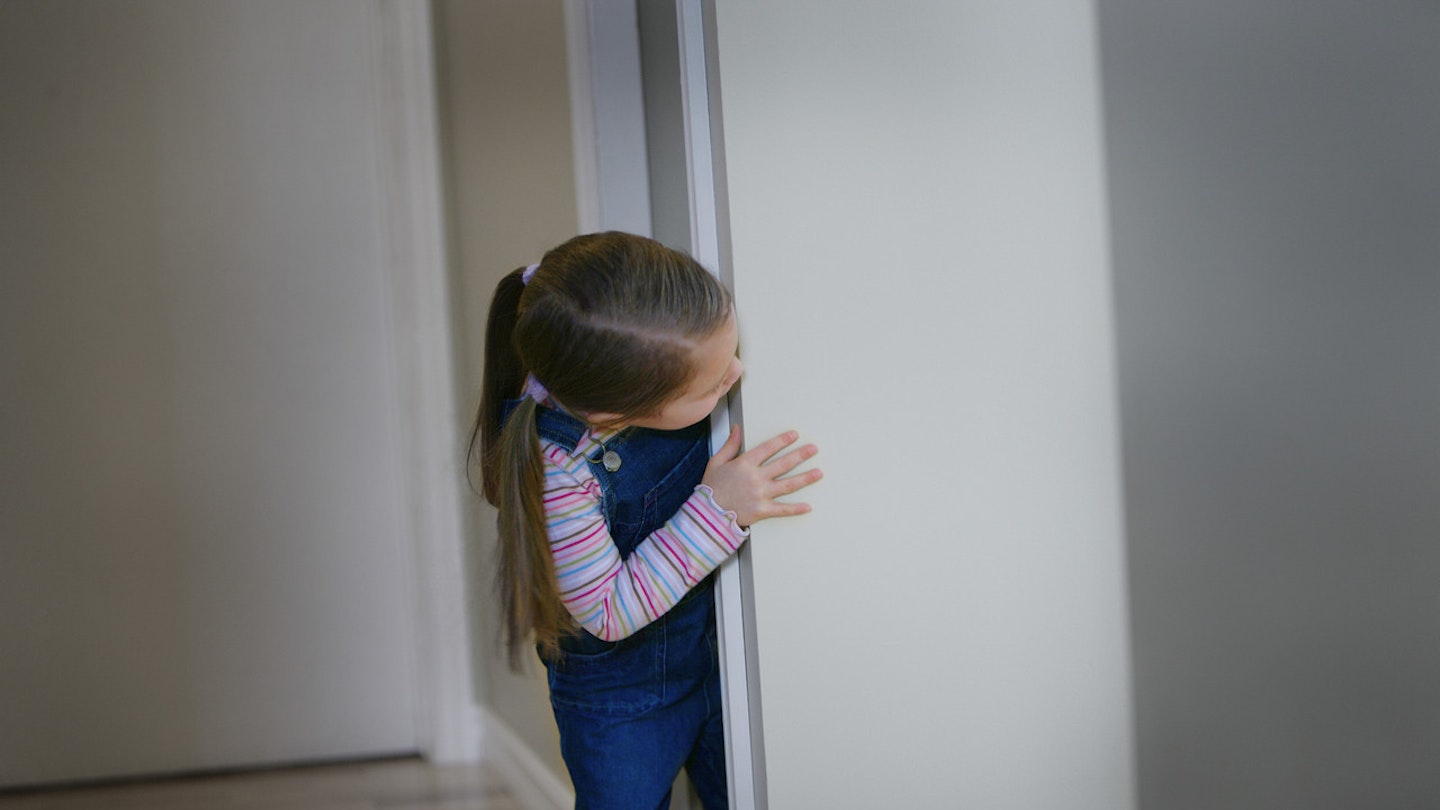Imaginary friends are a normal part of many toddler’s development, but as a parent they can be hard to get your head around
If your little one is insisting on setting an extra place at the table and is often caught chatting away to the empty space beside her, yep, she’s got an imaginary friend.
A study by the University of Washington discovered that two thirds of children have one at some stage of their childhood. What’s more, many experts think it’s an important part of a child’s development.
If you’re not sure how to adjust to ‘Benjy’ being around 24/7, there are plenty of ways to let your toddler’s imaginary friend be a positive part of their childhood.
How make believe affects development
Imaginary friends are a normal part of many children’s social development and a way to develop their imagination.
‘Most psychologists who have studied children with imaginary friends have reported only positive associations,’ says Dr Rebecca Chicot, co-creator of the Essential Baby Care Guides on DVD and App from The Essential Parent Company.
‘It can help to improve language skills and increase confidence. Plus it shows that your child can imagine and discuss a character and have a sense of the perspective and emotions of another person.’
It shows that your child can imagine and discuss a character and have a sense of the perspective and emotions of another person
Talk to your child about their friend
Whether your little one is inseparable from her imaginary friend or she only mentions her occasionally, it’s worth speaking to her about it.
‘Imaginary friends are usually a positive part of a child’s imaginative life,’ says Rebecca. ‘So, let her talk freely about the character she creates. But if there is anything you find particularly troubling you could speak to their GP – this is very rarely necessary, though.’
Another form of communication
Children can often use their imaginary friends as a way of discussing something personal.
‘For example she might say “My friend doesn’t like it when Daddy’s grumpy” when they are trying to communicate their own feelings,’ says Rebecca. ‘Or she might simply be trying to get an extra slice of cake.’ (Why didn’t we think of that?)
Consider underlying reasons
While imaginary friends are good for helping your child communicate in most cases, consider any underlying reasons she might have especially if she’s been more quiet and withdrawn lately.
It might be that she’s struggling to make friends and so her imaginary friend is her way of dealing with it.
If you’ve got concerns, encourage her to tell you all about how she’s feeling – and tell you more about her friend.
